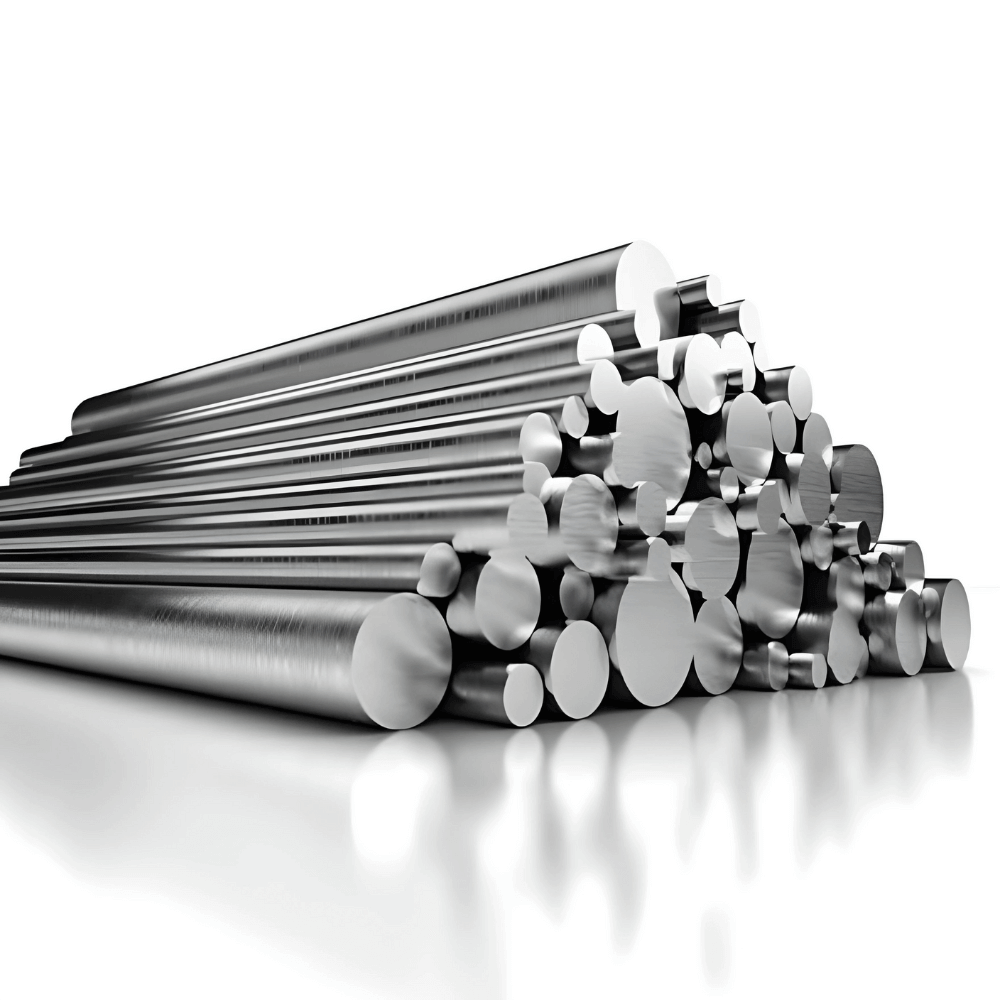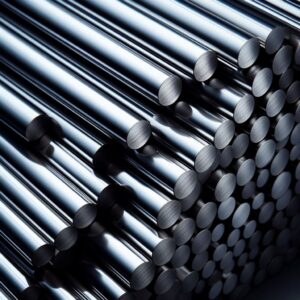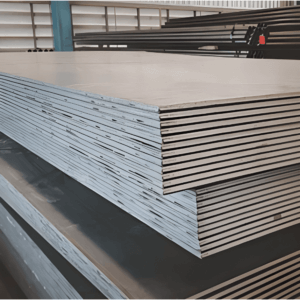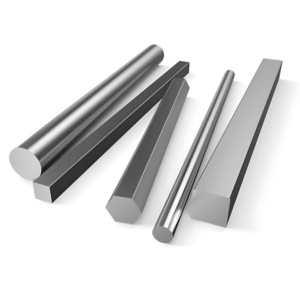PH stainless steel 630丨17-4PH
Stainless steel 630, known as 17-4PH, belongs to the category of martensitic precipitation-hardening stainless steel. Following appropriate heat treatment, it acquires a blend of high hardness and strength. Its corrosion resistance is similar to Grade 304 stainless steel. Typically, this grade is provided in the solution-treated state, making it easily machinable, and can subsequently undergo age hardening to attain remarkably high strengths.
PH stainless steel 630 / 17-4PH / UNS S17400 / W.Nr. 1.4548
Applications of stainless steel 17-4PH / 630:
- Gears, bolts, and valve components.
- Plastic moulding dies.
- High strength pump shafts and boat propeller shafts.
- Engine components.
- In general, applications where some level of corrosion resistance is needed in conjunction with high strength or hardness.
Normal product forms:
- Sheets and bars.
- Round, square, hex (A/F), rectangle, billet, ingot, forged, etc.
- Forged hollow bar, forged ring, forging blocks, forging shaft, forging discs & circles.
Specifications/Standard: ASTM A693 Grade 630, ASTM A564, AMS 5643
Chemical Composition:
- Chromium (Cr): 15–17.5%
- Nickel (NI): 3–5%
- Copper (Cu): 3–5%
- Carbon (C): 0.07 max
- Manganese (Mn): 1.0 max
- Silicon (Si): 1.0 max
- Phosphorus (P): 0.04 max
- Sulfur (S): 0.03 max
Physical Constants and Thermal Properties
- Density: 0.280 lb/in3 (7.8 g/cm3)
- Melting Point: 2560 – 2625°F (1404 – 1440°C)
- Modulus of Elasticity: 28.5 X 106 psi / 197 GPa
- Thermal Expansion (@100–315°C/212–599°F): 10.8–11.6µm/m°C
- Thermal Conductivity (@100–500°C/212–932°F): 18–22.7 W/mK
Mechanical Property:
- Ultimate Tensile Strength: 1,300 MPa (190,000 psi)
- Yield Strength: 0.2% Offset, 580 to 1250 MPa (84 to 180 x 103 psi)
- Hardness: Approximately 44 Rc when heat treated to condition H900
- Elongation: Varies with heat treatment condition, typically 8-17%




